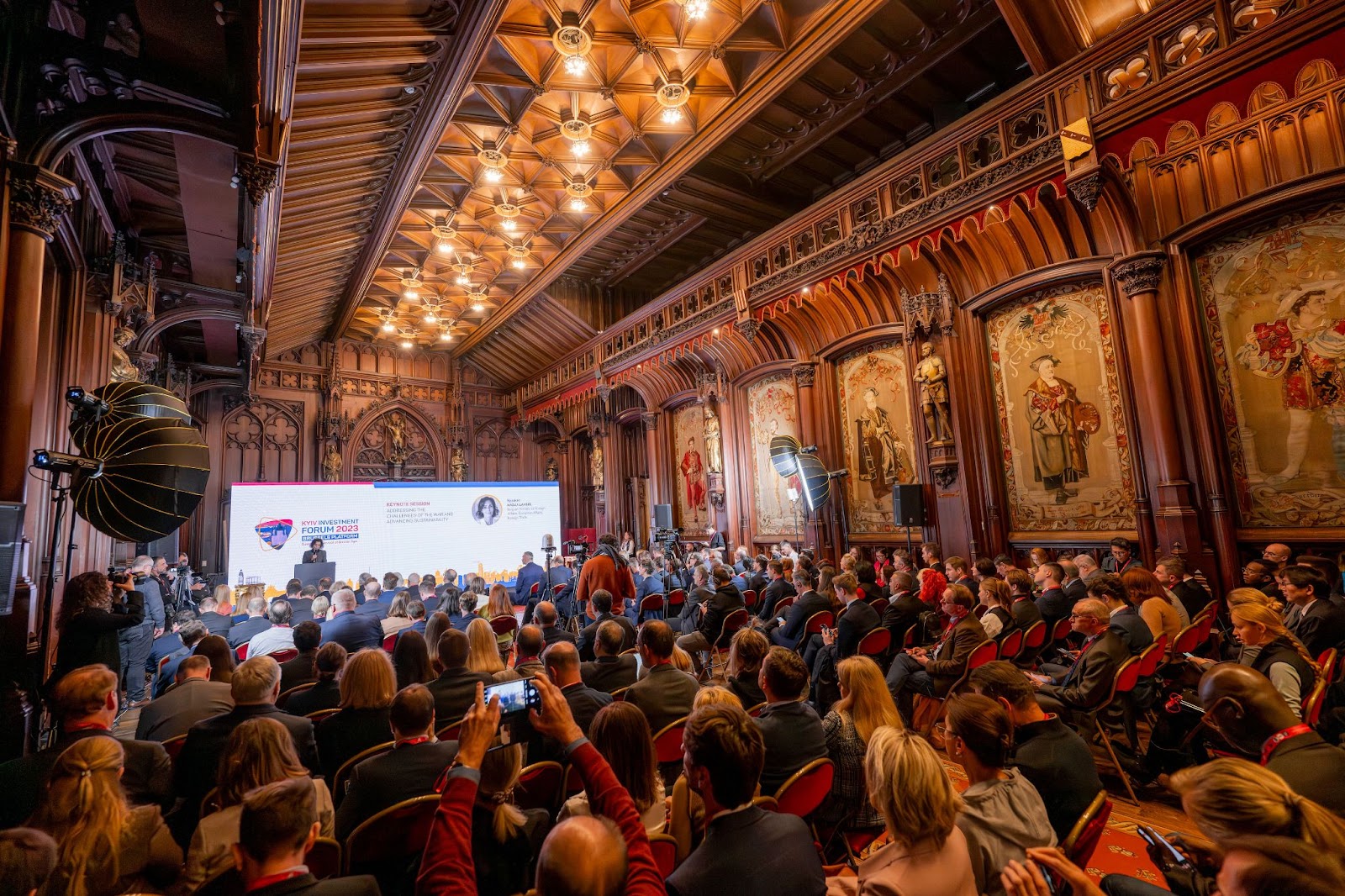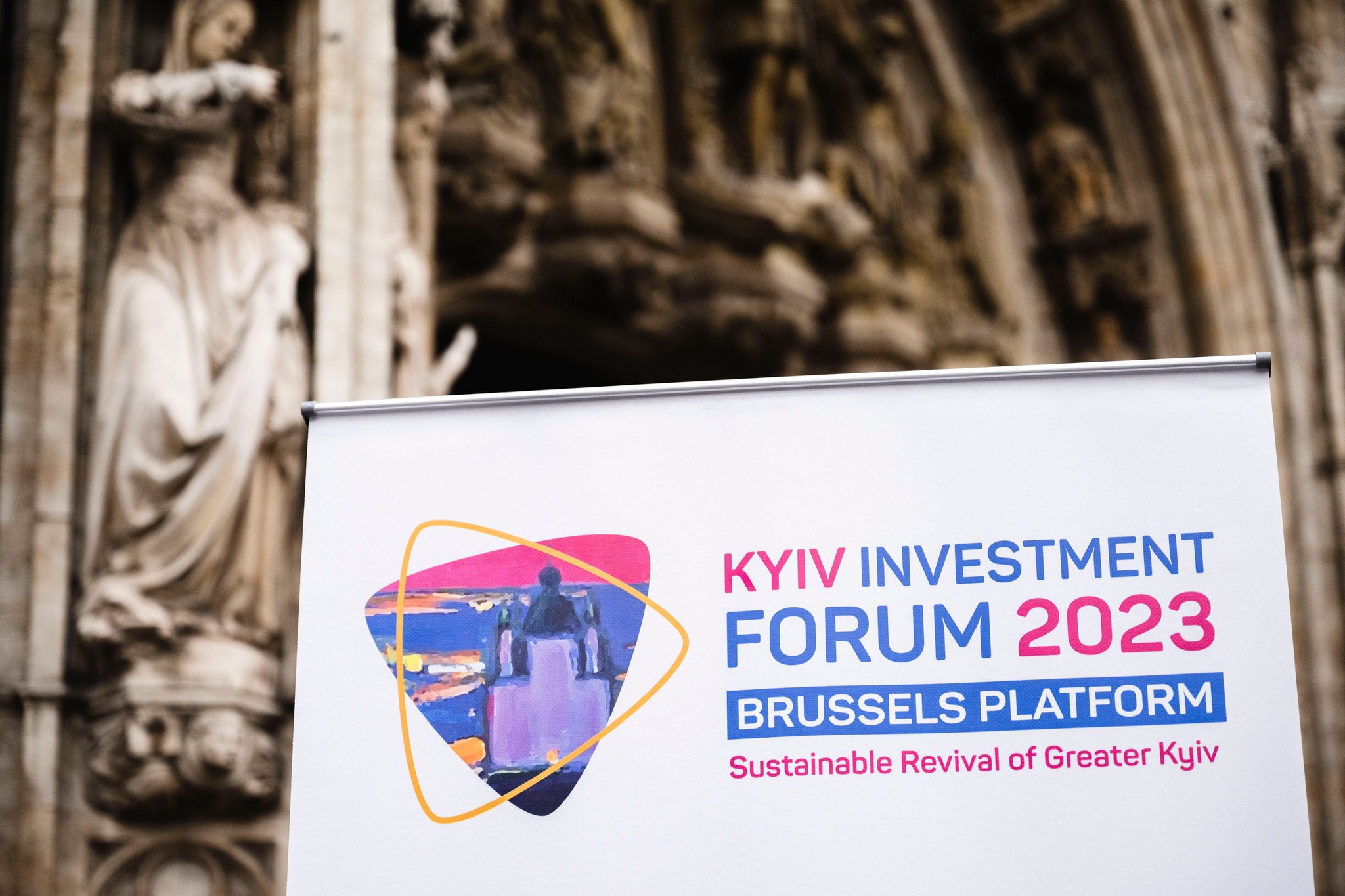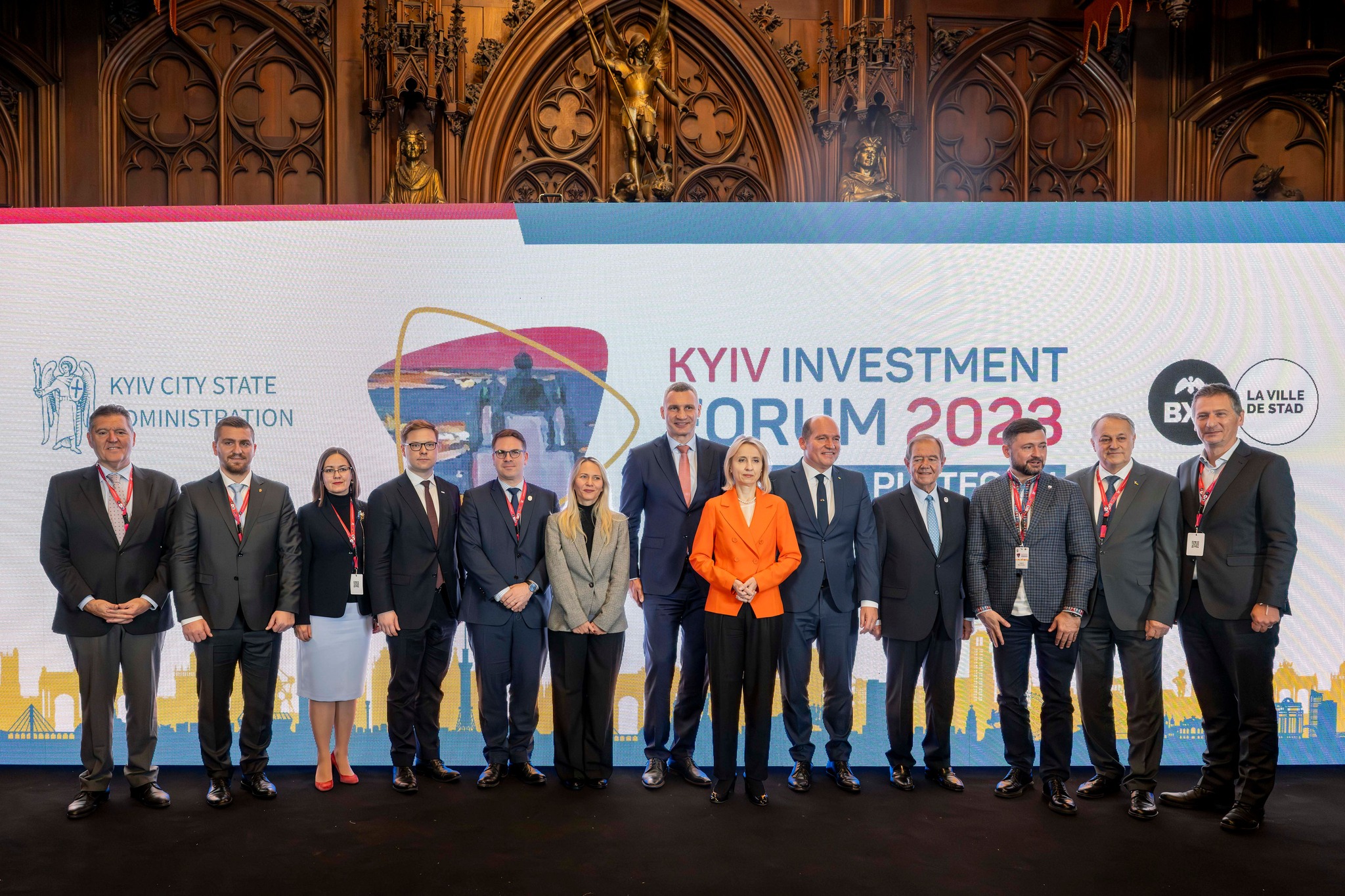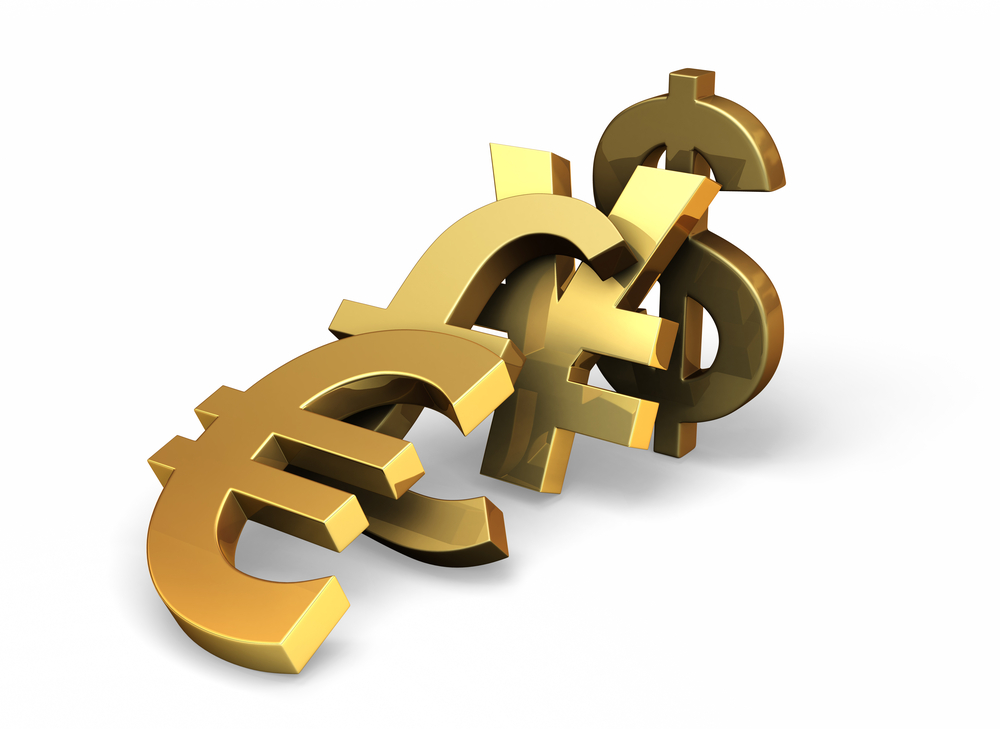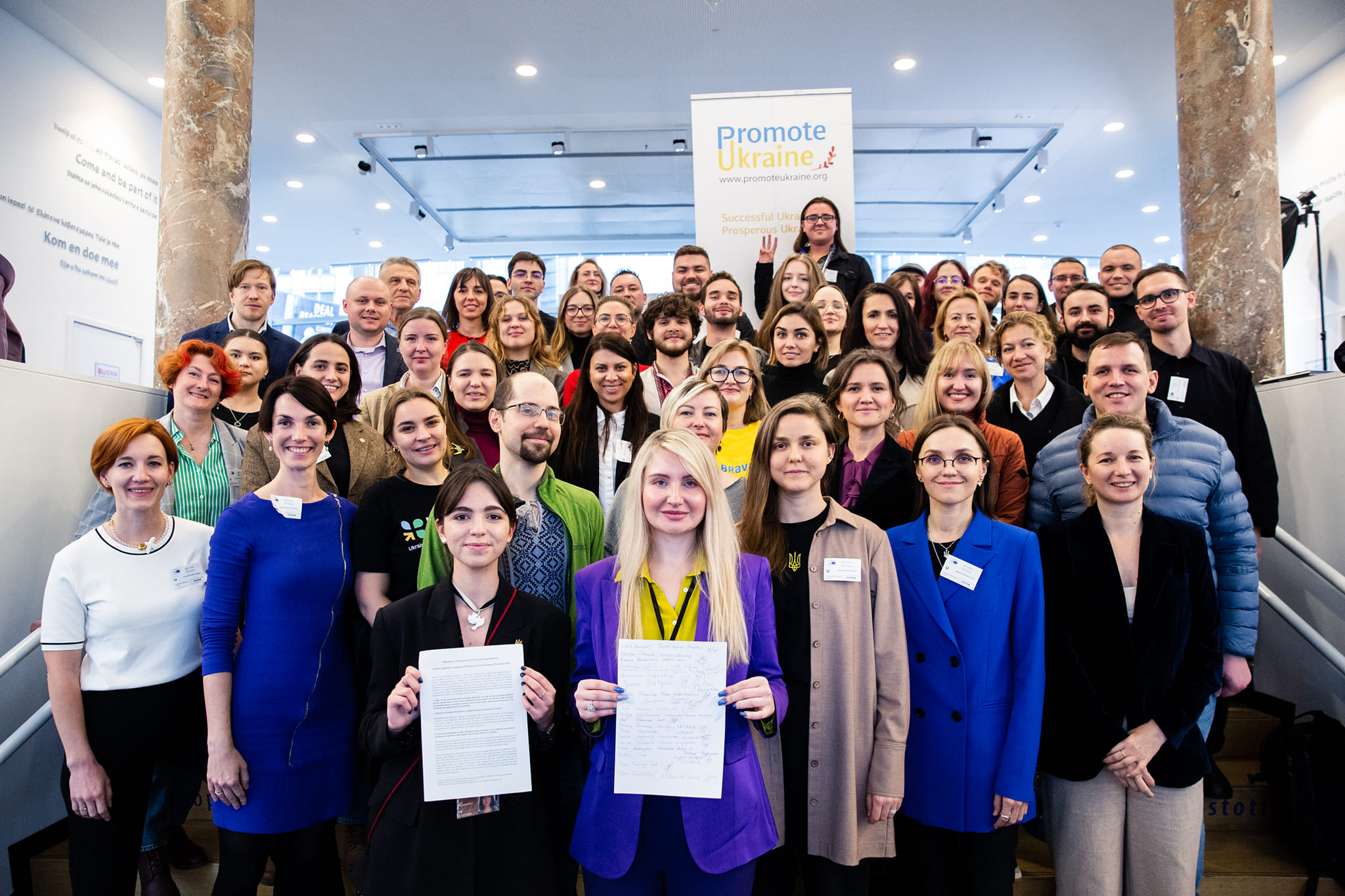
Anna Gubanova
The cafe at the square of ancient kings in Rome has an unstoppable flow of people who are casually chatting with vendors and strangers. Warm colors, loud voices, traditional cannoli and fresh coffee – the “Roman Holiday” does not get better than this. One would not even guess that it is 11 a.m. on a Tuesday work-day. During the three years of living in Italy, such breakfast settings never felt as weird as after moving to Brussels and getting used to the rush of the Northern European work ethic. And one cannot resist wondering where do such differences in the flows of life and work between Italy and the rest of Europe come from?
Belgium is cold, Italy is warm. One country has an amazing work ethic, another country is an expert in enjoying life. One country is more organized and strict, another is more corrupt and chaotic. According to Eurostat, a full-time employee in Belgium receives one of the highest average monthly gross salaries in Europe – 3,400 euros, in Italy the number is one of the lowest- 2,400 euros. Belgium has one of the lowest unemployment rates in Europe of 5.4%, Italy has one of the highest – 10%. Such a trend of difference in the economies of North and South European countries is evident through various factors. But in the subjective quality of life, Belgian citizens can earn much more than Italians, but they still will not manage to have as relaxed and joyous a lifestyle as residents of Italy. Both of these countries have some of the highest levels of life quality, what in Ukraine we call “European” standard of living. All promises of politicians and aspirations of people are spinning around Ukraine striving to be more of a “European state,” but which form will be the most appropriate – North or South European?
As a set of “European values” we colloquially list “inclusion, transparency, absence of corruption, organized processes, open-minded mentality,” but not all countries of the EU zone unequivocally follow the doctrine, so should Ukraine then? Italy, for instance, is an eccentric relative in the family of European nations, a loud, food-loving nation with an abundance of old art collectibles and predominantly conservative views. Out of all countries Italy is one that does everything in its own unique way, adopting the listed “European values” where needed, and where not needed – disregarding them in order to preserve its own ancient order of things. In such case Ukraine might not necessarily need to be forced to take the organized conventional way of Northern Europe’s idealized values but incorporate the European standards in its own way as Italy did.
Constantly hearing about how corrupt your country is one starts to believe that corruption is an inevitable part of the political system. So, when the new government arranges the national Anti-Corruption Bureau you take it as a joke. Even seeing clear progress and transparency in governmental services, such as an online tender system Prozorro, nobody can tell if the bureau is going to be effective. Corruption is and has been at the roots of all the socio-economics arrangements on the territory of modern Ukraine for centuries. But, after all, does corruption really define the level of life, or is it just another form of capitalism allowing for any service to become premium? Corruption may be an ambiguous concept from the moral point of view, but at the same time, it may also bring certain benefits to the Ukrainian economy and participants of business activities in the country. In Ukraine, a post-Soviet space with extremely complex bureaucratic mechanisms, embedded in every single process related to a government, makes it extra challenging to launch a project, not talking about a full-scale enterprise. The trademark of Ukraine, its agricultural exports, and various export-import activities face similar bureaucracy-related difficulties. Even such a simple endeavor as getting a birth certificate or a passport can become a months-long process due to the complex bureaucratic processes. In situations like these, bribes can help get through the barriers imposed by an “old-school” governmental system easier and faster. In such cases, bribes function as so-called “speed money.”
According to research conducted by the Pharmaceutical Researchers and Manufacturers of America (PhRMA) in 2018, the lack of government funding in the healthcare sector of Ukraine is a major impediment to the patients’ access to the medicines. Therefore, in the case of the healthcare sector, bribes practically become the only way to get services and medications due to lack of governmental funding. Another facilitation function of bribes is the actual motivation of government workers to perform their duties properly. According to the Foreign Policy Research Institute, the tradition takes its roots in the historical context of the region. For example, in imperial Russia, under the rule of Peter I, administrative workers would receive insufficient salaries for decent life and had to make up for the difference with bribes. Ukraine has inherited this practice while being a part of the empire in the 18th and 19th centuries and continued with the regional tradition as a part of the USSR in the 20th century.
Finally, corruption is seen as a negative event and an obstacle to economic growth. However, James Surowiecki of The New Yorker claims that in the years following WWII certain Asian countries, such as South Korea and Indonesia, suffered from corruption on all levels of socio-economic arrangements. Nevertheless, the economies of the countries experienced unprecedented growth. Today, the same story is repeated in China and India, two of the world’s fastest-growing economies. Therefore, there are indeed circumstances, when the major political and economic power is concentrated in the power of the narrow circle of politicians and businessmen when corruption can be beneficial. In this case, the ultimate control over the resources of the country and the decision-making power is in the hands of a monopolist – the government. Although progress is being made in Ukraine, the corruption is still flourishing, allowing citizens to get the services the government promises for a decent unofficial tax. Eradicating the concept from the end of the “supply” chain will not bring benefits to the majority of the population.
Anna Gubanova






 UA
UA FR
FR DE
DE